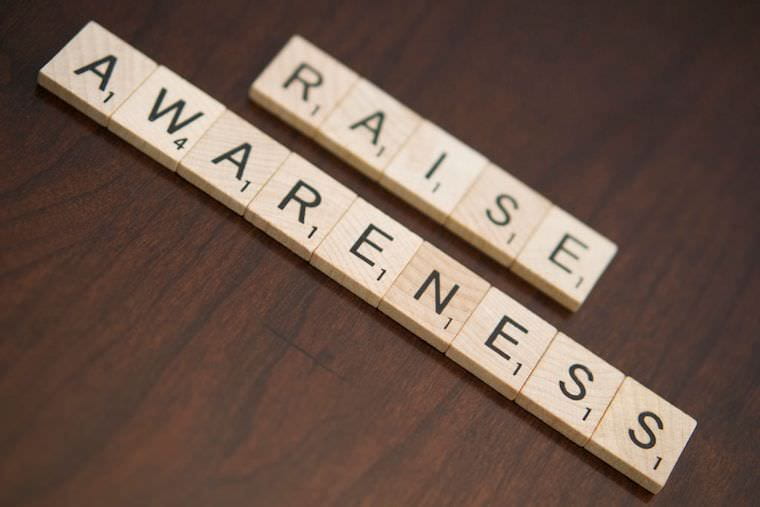I have three goals always on my mind: Raise Awareness, Improve Clinical Care, and Provide Novel Treatments for patients with Wolfram syndrome. As the Rare Disease Day is approaching, I would like to invite you to think about more about rare diseases, including Wolfram syndrome.
There are 7,000 rare diseases and disorders that when combined affect 30 million Americans. Rare Disease Day is an opportunity for patients, advocates, researchers, and doctors to come together to raise awareness because no one is fighting alone. One in 10 Americans has a rare disease. A disease is classified as rare in the United States if it impacts less than 200,000 Americans.
There are many harrowing statistics but the reality is not enough is known about those 7,000 rare diseases. Patients suffer through many misdiagnoses and even once a correct diagnosis is made 95 percent of rare diseases do not have a cure or even treatment options. That is why the theme for Rare Disease Day this year, and the past two years, has been research.
Wolfram Syndrome impacts one in 500,000 people worldwide and is caused by a recessive genetic trait that only one percent of the American population carries. It is by all intents and purposes rare. As is the case with many rare disorders there is currently no cure for the syndrome.
I had a chance to speak with staff members of the Mesothelioma Cancer Alliance lately. There are between 2,400 and 2,500 mesothelioma cancer diagnoses in the United States each year. Mesothelioma, unlike wolfram syndrome, is not genetic but instead is caused by exposure to asbestos. Prognosis for the cancer is poor, patients with mesothelioma typically only live 12 to 21 months following diagnosis. While the cancer is rare asbestos use is not – the toxin is still legal in the United States and is imported to the country by the millions of tons. It is expected that incidence of mesothelioma will only increase in the coming years as symptoms of the disease take 20 to 50 years to manifest.
Increased funding could aide those with rare diseases by funding clinical trials and paying for independent testing and research on an individuals specific case. If you or someone you know if suffering from Wolfram Syndrome or another rare disease assistance may be found with the Rare Genomics Institute (RGI), an organization to help patients secure funding for genetic sequencing testing, or Aware of Angels who advocate for children who have genetic, rare or undiagnosed disorders.
This year – in an effort to raise both funds and awareness the National Organization of Rare Disorders (NORD) is hosting a 7,000 mile rare movement. The campaign challenges advocates to join together in seeking pledges to walk, run, or bike 7,000 miles collectively throughout the month of February. For Wolfram Syndrome patients and all those with a rare disease research funding cannot come soon enough. On February 28th #ShowYourRare to show you care!
